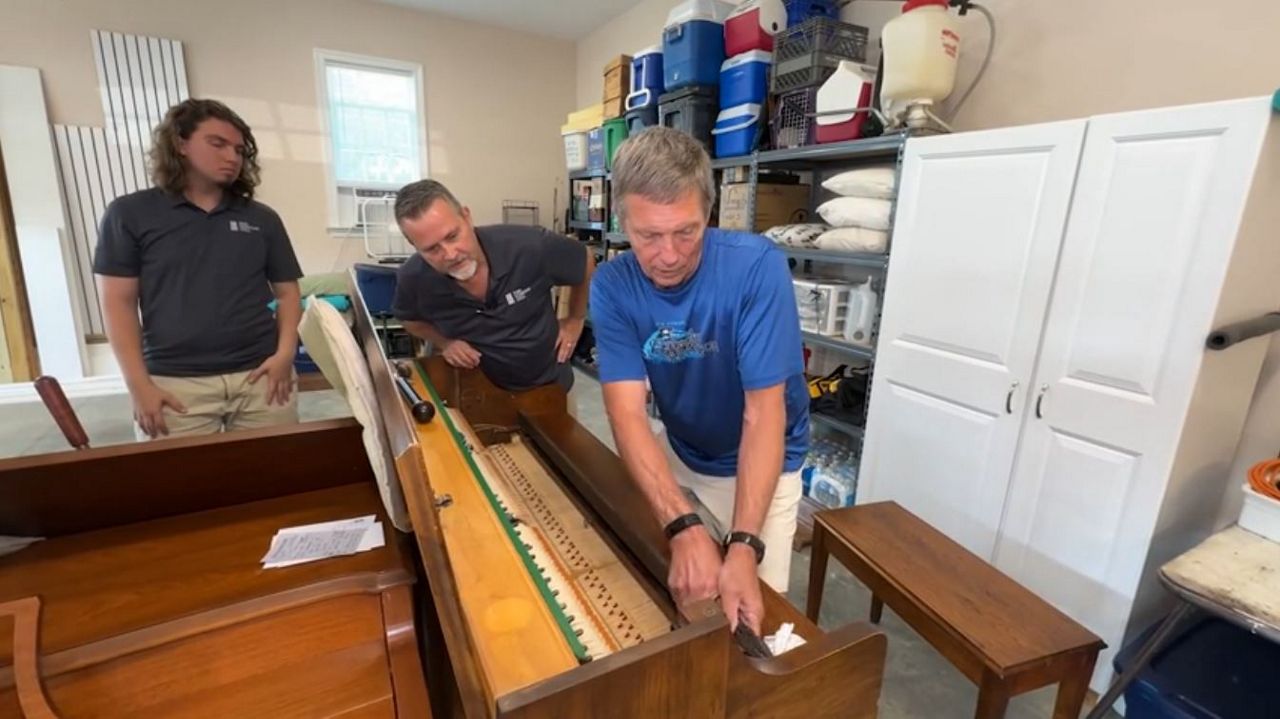Researchers found a bacteria in chiggers that could cause a potentially serious disease called "scrub typhus." It's the first time the bacteria Orientia has been found in the United States, researchers said.
The scientists at N.C. State University and the University of North Carolina Greensboro found the infected insects at five state parks.
“Chiggers can spread bacteria to people or rodents when they bite but can also pass bacteria to future generations of mites through their eggs,” said N.C. State's Loganathan Ponnusamy, one of the researchers.
Scrub typhus has never been diagnosed in a person or animal in the United States, according to the researchers. The symptoms of the disease are similar to Rocky Mountain spotted fever, a tick-borne disease that causes fever and a rash, researchers said in a news release.
Left untreated, scrub typhus can cause organ failure and is potentially fatal.
"Scrub typhus is typically found in the so-called tsutsugamushi triangle, stretching from Pakistan in the west to far-eastern Russia in the east to northern Australia in the south," according to a news release from UNCG.
The disease has also shown up in Africa and the Middle East in recent years, the researchers said. It's unclear if the disease is spread by people or by goods carrying the insects.
“This result is epidemiologically significant because it indicates local circulation of Orientia species in chiggers, which raises the concern for the potential exposure of local residents to this potentially serious disease,” said Gideon Wasserberg, a professor in UNCG’s Department of Biology and one of the researchers on the study.
Out of 10 state parks the researchers looked at around the state last year, they say they found the bacteria in half of them.
The researchers found infected chiggers at Kerr Lake State Recreational Area, Falls Lake State Recreational Area, Morrow Mountain State Park, Lumber River State Park and Merchant Millpond State Park, according to the peer-reviewed study published recently in the journal Emerging Infectious Diseases.
“We don’t know if this is a recent introduction into the state or if the bacterium has been here for years,” said R. Michael Roe, an entomology professor at N.C. State and co-author of the paper. “We also don’t know if the infected chiggers found in North Carolina actually will cause disease; this has to be determined in future work.”






)


